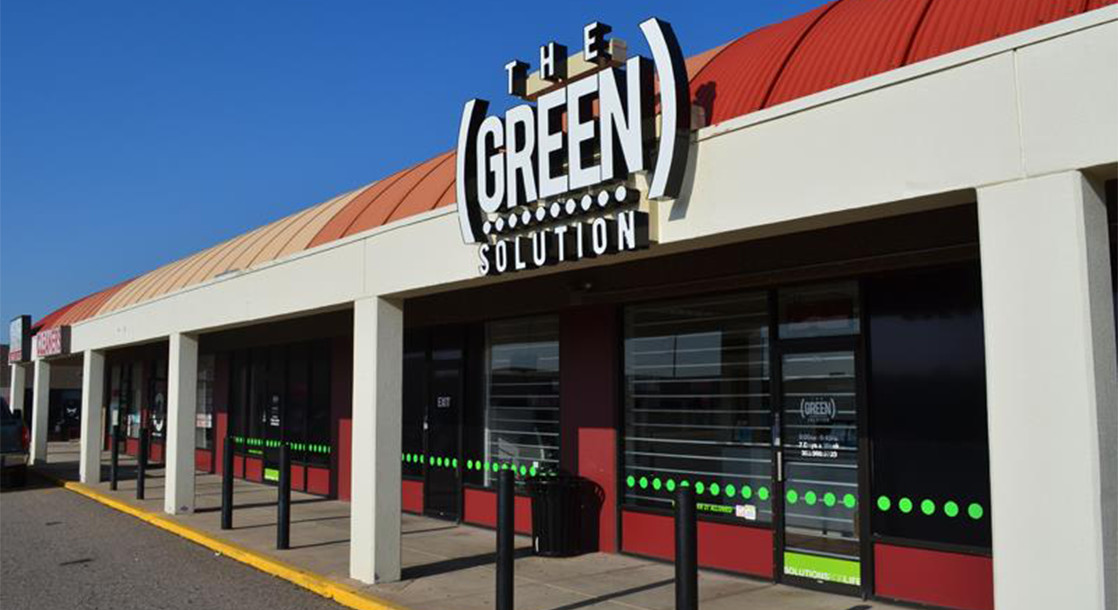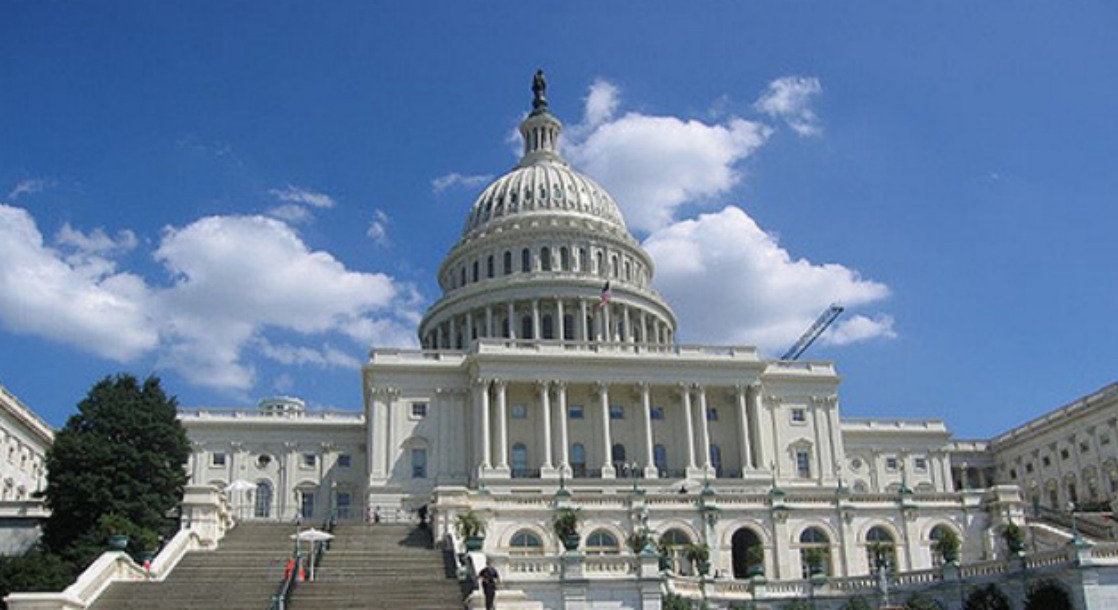Although cannabis legalization is gradually spreading across the United States, companies and users remain susceptible to a wide range of disadvantages due to federal illegality. From the inability to utilize banking services to problems gaining (or keeping) employment, marijuana is still seen as unlawful in many ways.
As the Aurora, Colorado high-end cannabis company The Green Solution LLC has recently discovered, this also extends to matters involving the Internal Revenue Service (IRS). The dispensary has filed a lawsuit against the tax collection agency for disqualifying it from federal tax deductions and credits. Through an audit, the IRS initially cited that the Green Solution dispensary technically trafficked a controlled substance.
Last week, The Green Solution’s appeal to halt an IRS investigation into its records was rejected by the Tenth Circuit. The three-judge panel based their decision on the Anti-Injunction Act, a measure that forces the court to refrain from taking action when it comes to restricting tax collection.
Despite the arguments posed by Green Solution, the company’s hands are tied by Code Section 280E, which was added into the Tax Equity and Fiscal Responsibility Act of 1982. In summary, the outdated law states that “No deduction or credit shall be allowed for any amount paid or incurred” if a business “consist of trafficking in controlled substances.”
According to The Green Solution, the continuation of such an investigation would cause the company to “suffer irreparable harm,” claiming that the denial of tax deductions would deprive the dispensary of income, lead to a penalty that would cause a forfeiture of all of its income and capital, and lastly, would violate the business’ Fifth Amendment rights.
Ultimately, the Tenth Circuit court decided not to protect the dispensary from the IRS summons, but The Green Solution President Kyle Speidell plans to keep fighting the ruling nonetheless. “We fully intend to prevail in the court of law as we have and continue to do in the court of public opinion,” he states.
The Colorado dispensary firmly believes that the IRS is acting beyond the boundaries of their statutory authority in this case, effectively enforcing Code Section 280E on a cannabis company that is operating within a legal gray area.
Some law experts, such as Peter J Reilly, believe that it’s not in the best interest of the IRS to make enforce 280E as a top priority, as it could muddle legal boundaries and create a debacle between federal and state laws.
Unfortunately, while marijuana remains illegal on the federal level, businesses like The Green Solution remain vulnerable to federal agencies like the IRS.











